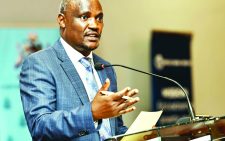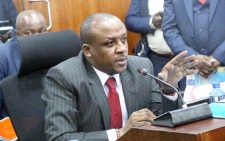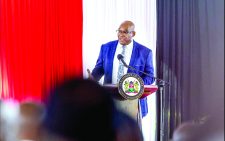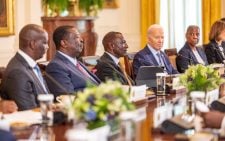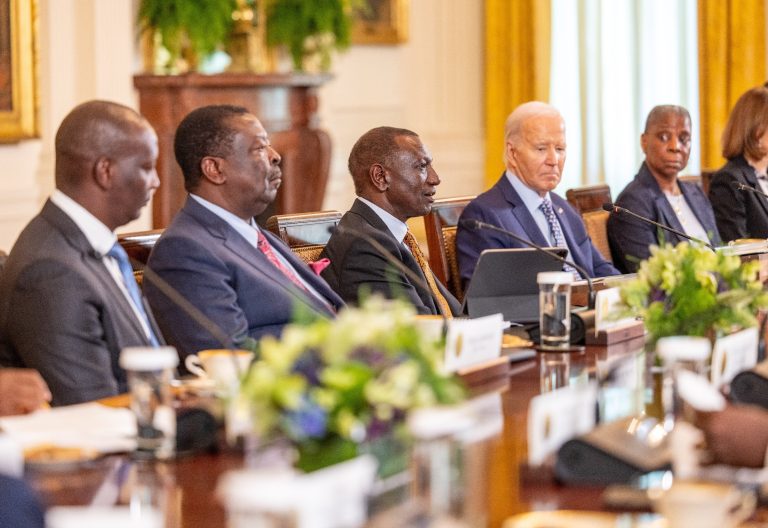Wanjigi decries public debt crisis, calls for nationwide civic awakening
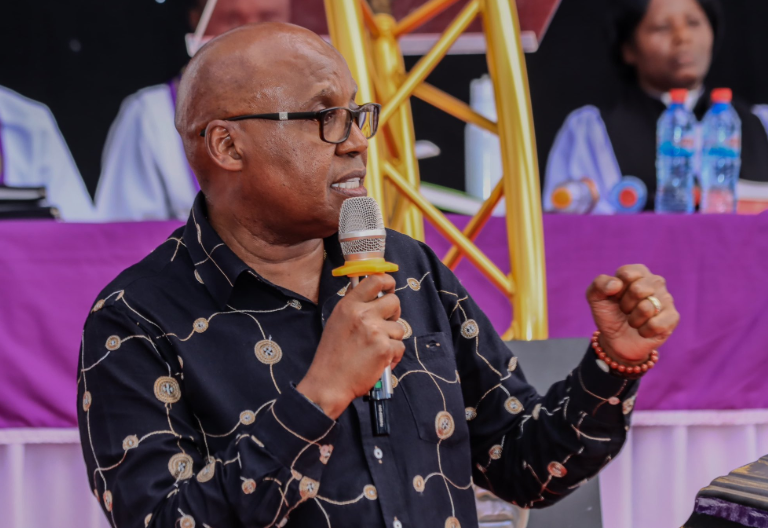
Safina Party leader Jimi Wanjigi has sounded the alarm over Kenya’s growing public debt, accusing successive governments of plunging the country into a financial abyss while calling on citizens to rise in a nationwide civic awakening.
Speaking during a Bunge La Wananchi session held in Jeevanjee Gardens on May 9, 2025, Wanjigi dissected the country’s financial state using figures and constitutional provisions, claiming that Kenya’s future had been mortgaged by reckless borrowing and poor financial oversight.
“We have been robbed of our lives and our future,” Wanjigi declared.
He claimed that from 2013 to 2023, Kenyans paid Ksh13.3 trillion in taxes, yet government expenditure stood at Ksh14.6 trillion, leaving a shortfall of Ksh1.3 trillion.
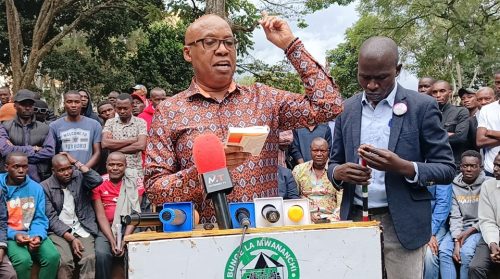
However, according to him, the government borrowed an excess of Ksh7.7 trillion in the same period, resulting in an unexplained surplus borrowing of Ksh6.4 trillion, which he says was not authorised under the Constitution or the Public Finance Management Act and was never accounted for through the Central Bank or the Controller of Budget.
“From 2013 to 2023, Kenya collected Ksh13.3 trillion in revenue but spent Ksh14.6 trillion. The shortfall should have been Ksh1.3 trillion, yet we borrowed Ksh7.7 trillion,” he stated.
“That money never entered the Central Bank of Kenya. It went straight into people’s pockets—Ksh6.4 trillion, or USD50 billion,” he added.
The businessman-turned-politician warned that Kenya is now caught in a spiralling debt trap, spending over Ksh2 trillion annually to service loans, with projections indicating the figure could rise to Ksh3.2 trillion by 2038.
He noted that this trend has squeezed public spending on education and healthcare, despite existing needs.
“With Ksh2 trillion, we could fully fund universal education and healthcare for all Kenyans at a cost of just Ksh344 billion,” he stated.
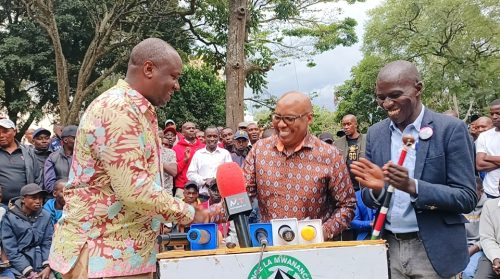
Wanjigi pointed out that the Constitution, particularly Chapter 12 and Article 220, imposes strict controls on public finance and borrowing, specifying that public debt should only be incurred for development projects, not for covering salaries or operational costs.
“This is not just a financial issue—it is theft of our future. The debt we are servicing today was stolen yesterday. We are paying in advance for corruption,” he told the crowd.
He called on Members of Parliament and Kenyans at large to reject what he termed an unsustainable economic path.
“If this is not enough for a revolution, I don’t know what is. This country is being run on loans taken to pay salaries and fuel police vehicles, not to build schools or hospitals,” he stated.
Calling for a civic awakening, Wanjigi described the struggle for economic justice as the next phase in Kenya’s liberation.
“We fought for political freedom. Now it’s time to fight for economic freedom,” he said, hailing Gen Z demonstrators as the first soldiers of this movement.
He urged increased transparency, public participation, and constitutional accountability in government budgeting and borrowing.
“We must stand up. We must say no. The future of this country depends on it,” he said.

